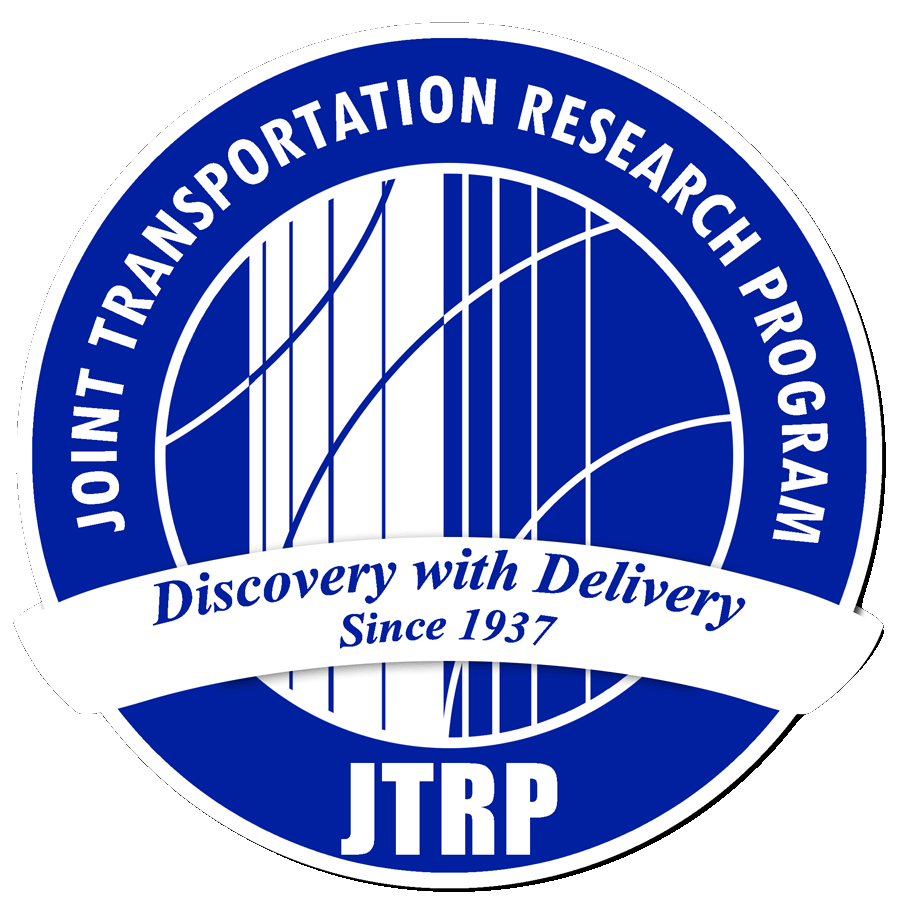Abstract
This study evaluated prefabricated highway edge drains to improve the existing practice and to set guidelines for their proper selection. Two primary evaluations received attention: the first was the effect of installation and in service loading on the hydraulic and strength capacities of a prefabricated highway edge drain; and the second was the performance of the geotextile filter.
A limited field evaluation of prefabricated highway drains indicated structural failure of the core and an inefficient geotextile. Based on, the field study, laboratory testing and theoretical modeling, guidelines were given for the strength and hydraulic requirements of the drain. A retention criterion was given for the qeotextile filter. The criterion was based on reliability theory and accounted for the overall pore size distribution, porosity and thickness of the geotextile. Field qeotextile samples were evaluated for their long term performance using image analysis. The evaluation indicated only partial clogging of geotextiles in service for 4 to 7 years.
Keywords
prefabricated drains, edge drains, nonwoven geotextiles, filtration, pore size distribution, filter criteria, reliability, HPR-2038
Report Number
FHWA/IN/JHRP-92/20
SPR Number
2038
Performing Organization
Joint Highway Research Project
Publisher Place
West Lafayette, IN
Date of Version
1992
DOI
10.5703/1288284313480
Recommended Citation
Elsharief, A. M. Laboratory Evaluation of Prefabricated Highway Edge Drains. Publication FHWA/IN/JHRP-92/20. Joint Highway Research Project, Indiana Department of Transportation and Purdue University, West Lafayette, Indiana, 1992. https://doi.org/10.5703/1288284313480Project Number
HPR-2038(29)
File Number
6-9-11


